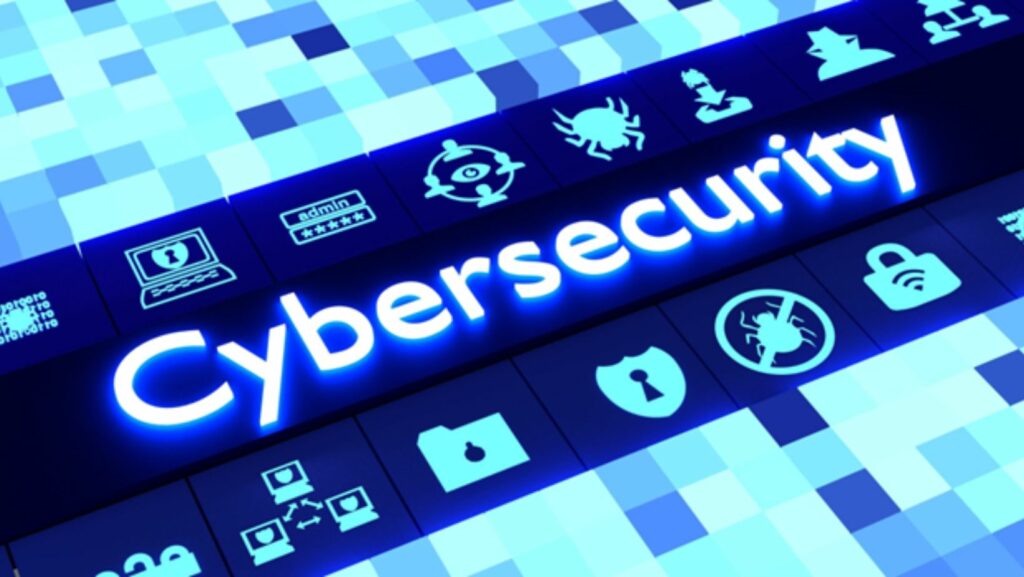Building a Robust Cybersecurity Framework for Your Small Business

Cybersecurity is more of a concern than ever before. This is especially true in light of increasing cyber-attacks. For example, administrators of a county in Pennsylvania were forced to pay a ransom of 350000 dollars after the county’s network was hacked.
It is not a one-off incident, as other sad examples include 911 hacks and even a court’s website being compromised. For more information on the latter incident, you can see https://www.nbcphiladelphia.com/.
These sad examples have been deliberately given to explain the odds that small businesses face in their bid to protect data. However, the good news is that they can have a robust and near-indomitable cybersecurity framework. Keep reading, as this article sheds light on how this is possible.
Essential Steps for Enhancing a Small Business’s Cybersecurity
Cyber attacks are more of a serious theft than ever before. This is down to several reasons, including the following:
- Economic Factors
- Regulatory Lapses
- Global Connectivity
- Increase in Ransomware
- Technological Advancement & Sophistication of Cyber Criminals
- Data Security Loopholes
- Ignorance or Inadequate Training on Cybersecurity Measures
Small businesses may not be able to stop cybercriminals from making attempts. However, having a robust cybersecurity framework ensures that they fare well even in the face of these threats.
Furthermore, this is not something that would play out at a go, considering that there are several steps involved. The steps in question are outlined and discussed below:
Current Assessment
This is the point where the business’s susceptibility to cybercriminal activities has to be assessed. The fact that an enterprise has not been attacked does not mean it is doing a good job in the area of cybersecurity.

A couple of things need to be done in the spirit of conducting a thorough assessment. Some of the things to do include:
- Asset Identification – Every software and hardware that houses data that is vital to the business’s operations has to be accounted for
- Risk Assessment – Beyond instances of cyber attacks (if any), threat possibilities have to be figured out before they are exploited (or further exploited) by cybercriminals.
- Analysis – A comprehensive analysis has to be presented in light of the findings during the risk assessment task.
Besides taking all software and hardware into account, updated knowledge of how cybercriminals operate is also helpful. Such information also provides a good idea of what needs to be done. By the way, you can read this article for insight into some of the ways cybercriminals operate.
Policy Development
Any serious-minded business or establishment is not alien to policies. This is because policies drive goals and objectives. They also ensure that the business’s best interest is protected at times since they sometimes need to be revisited.
Having made this clear, a practicable yet result-yielding cybersecurity policy is supposed to be developed. It should have every player involved and touch on the following:
Password Management
Cybersecurity is not only about the complex aspects of protecting data. It is also about simple things, such as the proper use of a strong password. For example, staff members may have to use multi-factor authentication.
Access Control
Company data is the strength of many businesses and establishments at large. As a result, unauthorized access to them can be negatively impactful. To this end, this policy should also touch on who has and who does not have access to certain data and platforms.
Data Protection
The procedures for handling data should be spelled out. This is especially true when it comes to sensitive data, as they need to be stored, transmitted, and generally handled properly.
Frankly, many small businesses need professional help implementing the two aforementioned steps. This is because it is not their area of core competence.
To this end, it is only wise to engage the services of managed service providers in this line of work. You can check the Delval Technology Solutions website to understand how the services of such an establishment come in handy.
Training & Education
It is quite ironic how cybersecurity affects everyone in some way or the other, even though it is not everyone’s area of core competence. For example, disclosing personal information to cybercriminals can give them access to personal funds and other things.

As a result, training and education are important in the true spirit of building a robust cybersecurity framework for businesses. This sort of training is supposed to touch on the following areas:
Safe Internet Use Practices
For example, accessing certain sites can compromise data security. Also, the choice of network source enabling internet connection matters
Incident Reporting
If something suspicious or out of the ordinary happens, everyone involved needs to understand and implement the procedures for quickly reporting the situation. This is important as time is of the essence during cyber attacks.
Phishing Awareness
A lot of successful cybercriminal attacks come in the form of phishing scams. As a result, everyone involved needs adequate training and evaluation on identifying such scams. By the way, some helpful tips for identifying them include the following:
- Suspicious Links
- Unusual Sender Address
- Unrealistic Urgent Language
- Generic Greeting
- Unexpected Attachments
- Unusual Requests
- Mismatched URLs
- Asking for Personal Information
- Illegitimate Email Domain
- Grammar and/or Spelling Errors
Red flags should especially be raised when more than one of these is evident. For more information on how to identify phishing scams, you can check https://consumer.ftc.gov/.
Implementation
This is more like your first line of defense against cyber attacks, which is informed by the previous stages. Some of the things that it entails include:
Data Encryption
This is particularly necessary for sensitive data. The reason is that protecting them against interception from cybercriminals is a priority.
Firewall & Antivirus Software
The right software has to be put to work. It could be an off-the-shelf software product that offers sufficient protection against unauthorized access and malware.

Conversely, it could be a custom-built software product for this purpose.
Regular Updates
The information technology world keeps evolving, and so are the practices of cybercriminals. This is one of the reasons regular updates need to be carried out.
Backup & Recovery Plan
The plan is to ensure that cybercriminals do not stand a chance. However, having a robust cybersecurity framework is also about having a plan for when these threats are successful, for whatever reason.
This is where backup and recovery plans come to the fore. To this end, a thorough cybersecurity plan should also be about:
- Regular Backups
- Offsite Storage
- Clear Disaster Recovery Plan
Small businesses need to be committed and consistent with their recovery plan. This is even when there is never a need for it for a long period. You can click here for more on why this is very important.
Conclusion
Many small businesses have become easy prey for cybercriminals because of a lack of any robust cybersecurity framework. To this end, this article has outlined and discussed important steps for having one.
Furthermore, it is mostly about having the right managed service provider handle the implementation of these steps and cooperate with them. So, consider the cost of engaging the services of these professionals as an investment rather than an expenditure.

 Troubleshooting a Garage Door Opener That Won’t Respond
Troubleshooting a Garage Door Opener That Won’t Respond  The Future of Energy: Innovations and Trends Shaping the Industry
The Future of Energy: Innovations and Trends Shaping the Industry  Seven Key Factors to Consider When Choosing a Floating Pond Fountain
Seven Key Factors to Consider When Choosing a Floating Pond Fountain